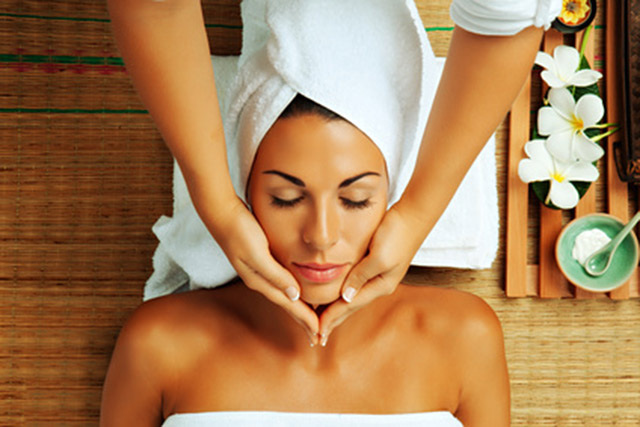What is one of the biggest and most simple anti-aging secrets? The answer is much easier than you think: Sun protection.
As winter is coming to a close, and with the sunnier weather right around the corner, we will all be getting more sun whether we want to or not.
Many use the sunny weather as an opportunity to tan and get more color on their skin. While this is a common practice, it may cause damage to skin in the long run.
“Ultraviolet radiation from the sun and indoor tanning beds not only can increase your risk of skin cancer but also can contribute to skin aging,” says board-certified dermatologist Arianne Shadi Kourosh, MD, MPH, FAAD, director of community health and co-director of the multiethnic skin clinic in the department of dermatology at Massachusetts General Hospital in Boston. “Moreover, other forms of radiation, such as heat and visible light, can negatively impact the skin, as can pollution, so protecting your skin from the environment can benefit both your health and appearance.”
According Dr. Kourosh, the environment can damage the skin in many ways. UVB rays can cause sunburns and damaged pigmentation, while UVA and infrared radiation penetrates more deeply into the skin, damaging collagen.
“Although there have been some impressive strides in anti-aging treatments, no one product or procedure can completely reverse the long-term effects of poor skin care decisions, and protective measures are the cornerstone of good skin care,” Dr. Kourosh says. “Fortunately, there are many sunscreen options available to help you protect yourself, including cosmetic products with SPF. The best sunscreen for each person will depend on many factors, including genetic makeup, environment and lifestyle considerations. A board-certified dermatologist can evaluate the unique needs of your skin and help you develop an appropriate sun protection plan.”
Because both types of UV rays can cause damage, it’s important to use a sunscreen with both UVA and UVB protection, with an SPF of 30 or higher, says Dr. Kourosh.
Dr. Kourosh also recommends the following:
. Use a sunscreen including zinc oxide or titanium dioxide
. Make sure your sunscreen has antioxidants
. Utilize protective wear like sunglasses and hats
. Reapply sunscreen ever 2 hours when outside
. Avoid indoor tanning
“Whether you’re on a beach vacation or your daily commute, it’s crucial to protect yourself from exposure to harmful UV rays on a regular basis,” Dr. Kourosh says.
For the full American Academy of Dermatology article.
Note: None of the information in our website is intended to diagnose, treat, cure or prevent any illness or disease. The content on our website is for educational purposes only.
DON’T FORGET to sign up for our weekly newsletter to get our latest articles, updates, free recipes and giveaways.
Can safe sun exposure boost your immune system?
Is a higher SPF sunscreen always better?
Morning sunlight can help with weight loss.
REFERENCES:
1. “Slow the Signs of Aging with Sun Protection.” American Academy of Dermatology. American Academy of Dermatology, n.d. Web. 05 Mar. 2017.

















